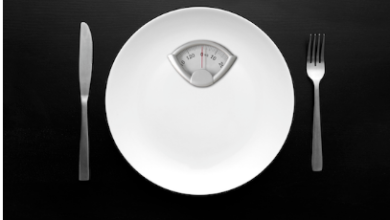
During the COVID-19 pandemic, HIV society recognized the significance of mRNA as scientists and medical professionals utilized its potential to swiftly develop a vaccine for the virus. Now, University of Waterloo pharmacy associate professor Emmanuel Ho has pioneered a groundbreaking nanomedicine loaded with small interfering RNAs (siRNA) to combat the human immunodeficiency virus (HIV) through gene therapy. These siRNAs regulate gene expression in our cells, demonstrating a 73% reduction in HIV replication.
HIV
Published in the Journal of Controlled Release, the study titled “pH-sensitive dual-preventive siRNA-based nanomicrobicide reactivates autophagy and inhibits HIV infection in vaginal CD4+ cells” signals a breakthrough in the fight against HIV.
Dr. Ho, a leading figure in health innovation in Canada, sees this development as a gateway to new therapeutic possibilities. The nanomedicine reactivates autophagy, the body’s recycling process crucial for eliminating intracellular microbes like viruses and bacteria. HIV, however, evades this process by producing a protein called Nef, inhibiting autophagy activation.
This research marks the first instance of a combination nanomedicine that revives autophagy and prevents HIV entry into cells, enabling the body to re-engage its defense mechanisms. The siRNAs in the nanomedicine target both Nef and CCR5, a gene facilitating virus entry into cells.
Designed for vaginal application to thwart sexual transmission of HIV, the nanomedicine ensures stability in the acidic vaginal environment, preventing siRNA leakage until inside cells, where it is released. Dr. Ho emphasizes the virus’s adaptive nature and highlights the significance of their approach in allowing the body to combat viral infections without additional drugs.
Future steps involve optimizing the process further and deepening the understanding of autophagy’s role in cellular defense against viruses. Dr. Ho envisions this research shedding light on alternative approaches to effectively reduce antimicrobial resistance.




